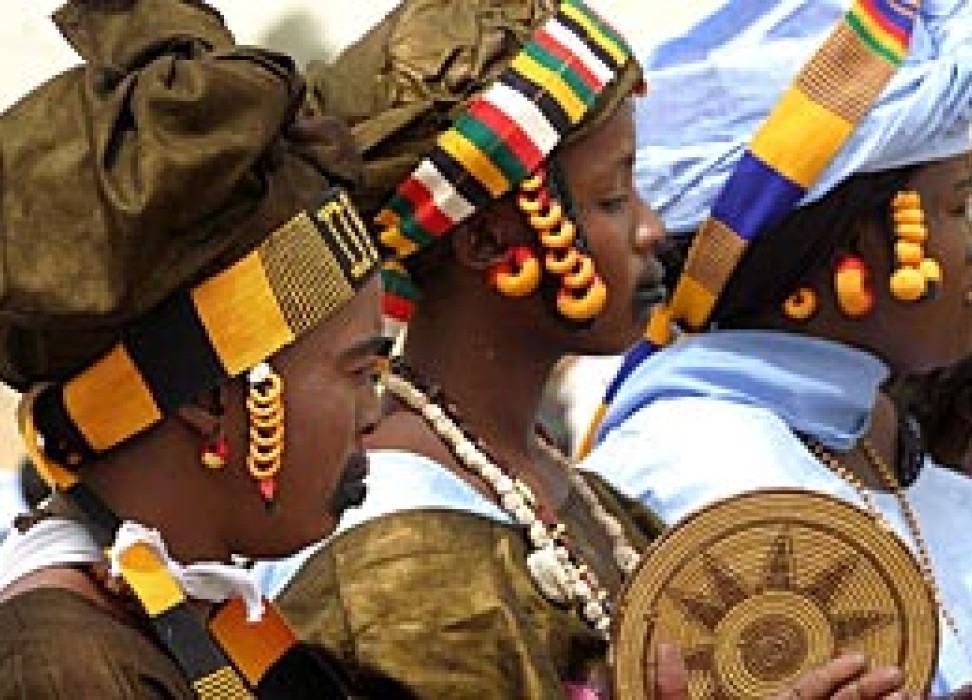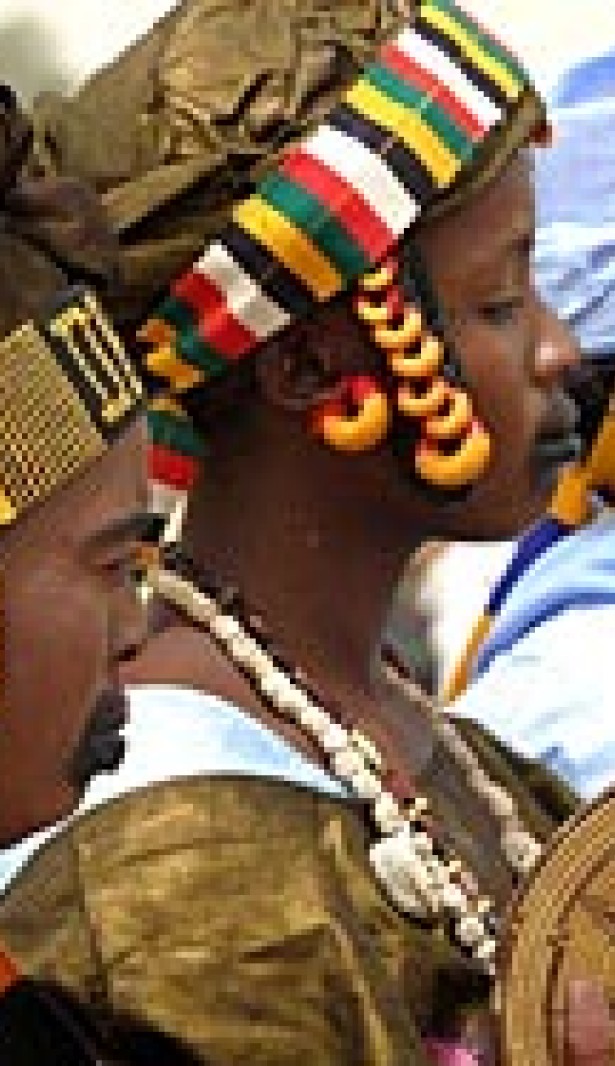16 Days of Activism: breaking the silence through awareness and outreach
28 November 2011

Amayel Molle Ka comes from the northern part of Senegal – from Matam – a region where ethnic groups still practice harmful practises such as genital mutilation and early marriages.
Amayel, a volunteer member of the Senegalese Association of Jurists - a group that brings together women jurists from diverse backgrounds to promote the rights of Senegalese women and children –is dedicating her life to promoting and protecting the rights of women. The Association contributes to the eradication of violence against women through advocacy and awareness raising campaigns as well as the provision of legal and psychological assistance and free health care for victims.
The UN Human Rights office supports the Association to implement programmes to eliminate violence against women through awareness of laws criminalising all forms of violence against women and by providing advice to victims on remedies available to them.
According to the UN, approximately 100 to 140 million women and girls in the world have experienced female genital mutilation, and more than 60 million girls worldwide are child brides, married before the age of 18, primarily in South Asia and Sub-Saharan Africa.
“In Senegal, thanks to the numerous awareness campaigns conducted by state and non-state actors, these practices are beginning to decline,” Amayel says.
Awareness campaigns, advocacy and outreach activities are the key to eliminate violence against women.” The challenge,” she points out “is to raise awareness of the existence of laws against violence against women and try to get the victims to break the silence.”
Too often, victims do not come forward to report cases of violence because of fear of retaliation, family or community pressure, lack of support services, and especially poor awareness of their rights.
In order to raise awareness of the issue and popularize legal instruments on violence against women, the Association organizes advocacy and outreach campaigns, often in isolated communities where access to information is limited. “One of these campaigns, a traveling film festival called "Cinémaréna,” says Amayel “was carried out in remote locations of Senegal and consisted of film screenings, sketches, animation, sensitization and legal advice on domestic violence, early marriage, women’s access to land, and divorce.”
Amayel has also trained a group of paralegals from her native region, as part of the outreach activities organized by the Association. “Paralegals are trained on women and girls’ rights, the legal processes available to defend them, and on ways to build community awareness for behaviour change,” she explains.
Her driving force in her daily fight against violence against women is “the work of the Association and the silence of victims and - sometimes of the authorities - which encourages impunity.”
“Violence against women is now a phenomenon that affects every segment of society,” she stresses, while calling for “better collaboration and involvement of all actors to eradicate this scourge.”
28 November 2011
The 16 days of activism campaign, which runs every year from 25 November – International Day for the Elimination of Violence Against Women – to 10 December – Human Rights Day - calls for the elimination of violence against women and invites everyone to take action against it.
This year, Human Rights Day celebrates the work of human rights defenders and focuses on their efforts to galvanize and inspire support and inspire support for change via social media. The UN Human Rights Office has launched a global social media campaign that will encourage people to commit to taking action for change by becoming human rights defenders.
Join us to celebrate human rights!
https://www.facebook.com/unitednationshumanrights
http://twitter.com/UNrightswire
http://www.youtube.com/UNOHCHR

VIEW THIS PAGE IN:
